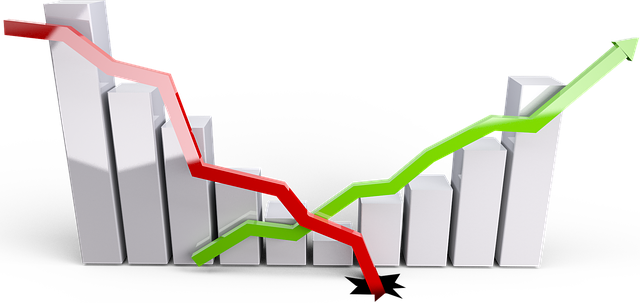The private sector in Northern Ireland contracted further in September, the fifth consecutive month that it has reduced its activity. The blame is being put squarely at the door of falling new orders, more cost increases and worsening economic conditions.
Contraction Very Much To The Fore In September

In a statement about the worrying trend of a contracting private sector, and in a swipe at the UK governments claim that their focus was on growth, growth and more growth, Ulster Bank chief economist, Northern Ireland, Richard Ramsey, is quoted on the Ulster Business website, saying:
“‘Going for growth’ is the Chancellor’s new approach for his new era, but contraction was very much to the fore in the September PMIs in Northern Ireland, across the UK and indeed beyond,
“And this was before the turbulence that the Chancellor’s ‘mini budget’ caused, which doesn’t bode well for the rest of the year.
“Local firms saw the pace of decline in output and new orders accelerate in September, which represented the fifth successive monthly fall with all four sectors firmly in contraction mode.
“Survey respondents cited deteriorating economic conditions, falling consumer confidence and rising prices as explanatory factors behind the continuing decline.”
Wages And Energy Costs At Forefront Of Inflationary Pressures
He went on to talk about the spiraling costs of doing business, saying:
“Services firms reported the sharpest increases in their cost base, with wages and energy costs now increasingly at the forefront of inflationary pressures.
“The one positive in the latest report is employment with firms notching up their 19th consecutive monthly rise in staffing levels.
“We have started the fourth quarter of the year with heightened uncertainty, not least in financial markets and in politics. Firms may be relieved to see energy cost pressures easing, accompanied by much needed government support. But borrowing costs have now moved rapidly in the opposite direction. It’s hard to see the Chancellor’s much desired growth coming any time soon.
“The rate of input cost inflation ticked higher, with rising energy prices key to the latest increase. In addition, companies reported higher costs for raw materials, staff and transportation,” the report says.
“Output prices also increased sharply, but at the softest pace for a year-and-a-half. Pessimism around the year-ahead outlook was the joint-strongest in almost two years amid worries about inflationary pressures and economic conditions.”
I think you will agree this all makes for pretty sobering reading. Higher costs, lowering demand and huge political uncertainty are creating the perfect storm for our private sector right now. It is certainly going to be a bumpy ride over the next few weeks and months.
Leave a Reply
You must be logged in to post a comment.